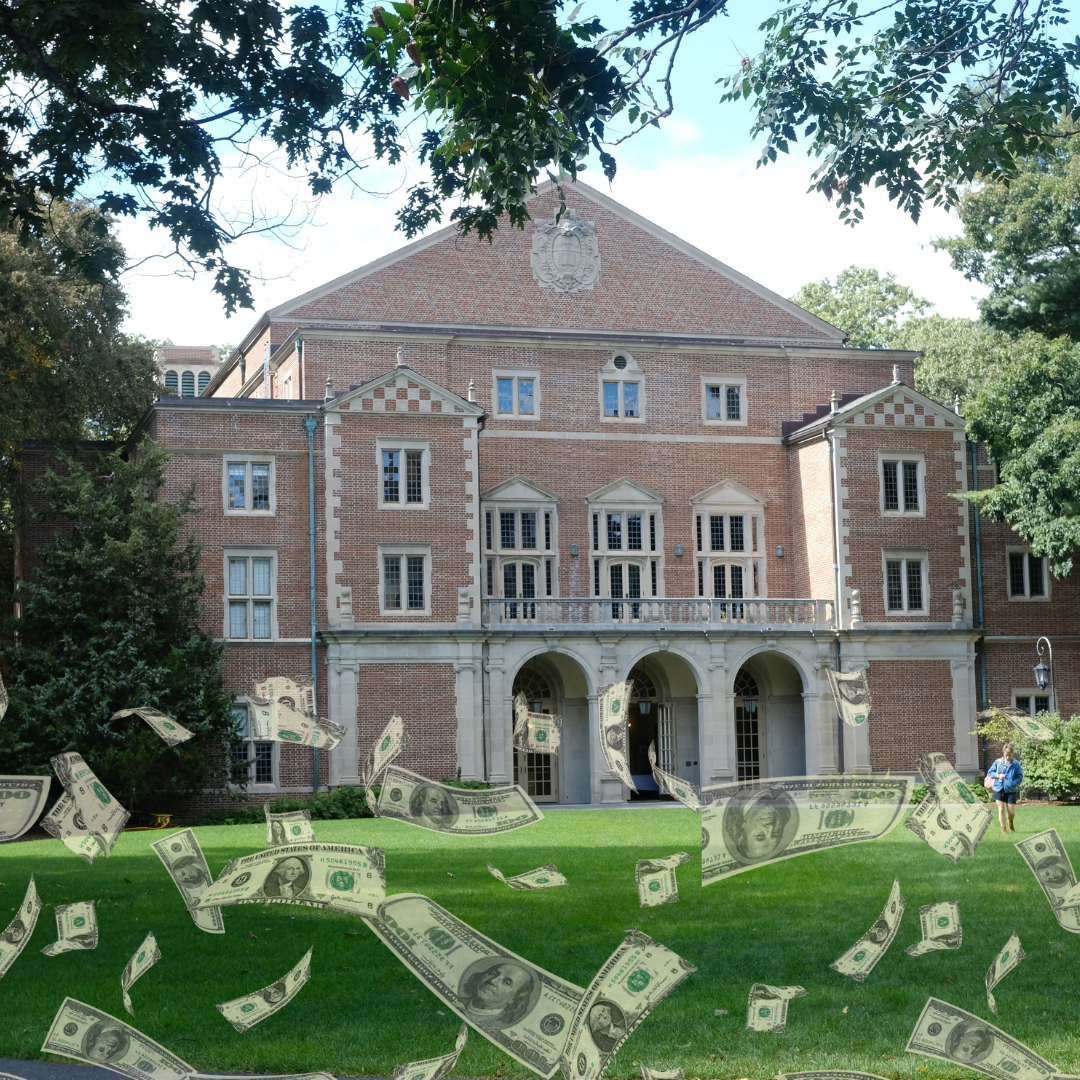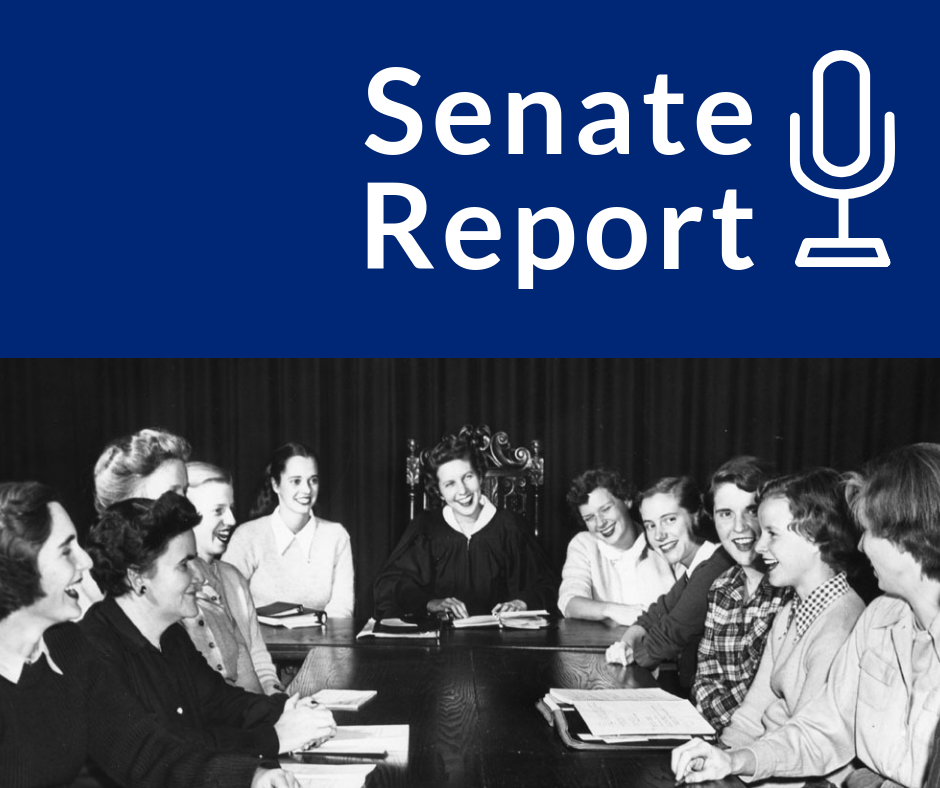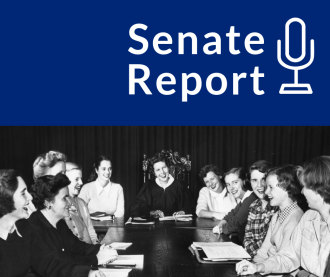Senate gets ready for College Government Ideafest
College Government (CG) will host Ideafest, formerly known as Hackathon, next Monday, Oct. 27 in Tishman Commons. The event is open to the entire campus community and is structured as a brainstorming session. Over dinner, Senators and students together will brainstorm ideas for potential College Government projects that could be completed by the end of this year. Then, groups will be given three minutes to pitch their idea and the projects will be voted. Funding will be distributed to projects until the money runs out. There is a $500 funding cap per approved project. The event will begin with a talk by Boston City Councilor Michelle Wu, who will share her experiences with leadership and working in local government.
Sharon Bort presents on sustainability and recycling
Newly appointed Sustainability Coordinator Sharon Bort spoke at Senate this Monday on the importance of recycling on campus and encouraged all senators and student leaders get involved. She commented that anything that can’t be crumpled in the hand, with the exception of paper, is recyclable. She hopes to have an ultimate recycling guide on the website in the near future. Bort also discussed brainstorming additional ideas to promote sustainability around campus, mentioning the Class of 1957 green fund meant to support sustainability projects. She reminded all members of the community that the sustainability survey is still up on the website and encouraged students and especially faculty to respond. Bort said that there had been good responses from students but a lack of replies from faculty.
Laura Till discusses work study and jobs on campus
Laura Till, assistant director of Student Financial Services (SFS), spoke about the work-study structure at Wellesley during Senate on Monday. She stated that 60 percent of all students working on campus are on work-study, while 40 percent are on casual wage. The percentage of students on casual wage is greater than some peer institutions who do not allow students without work-study to obtain jobs on campus. Till revealed that Wellesley tends to overaward work study since only one-third of the funds awarded are actually used by students. Students on the work-study program have priority for on-campus jobs, but are not guaranteed employment. Returning students are able to be rehired by their respective departments even if they are no longer on work-study. Till hopes to become more accessible and have better programs to reach out to first-year students before they arrive on campus in the fall.







